It's fascinating being back in Japan, my first time in the country for at least five years.
There seems to be plenty of optimism for the future in the car industry, which considering the shock of the 2011 tsunami and the ongoing financial crisis shows the impressive resilience of the Japanese people and its automotive industry.
A presentation last night by JAMA, the equivalent of our SMMT (Society of Motor Manufacturers and Traders), stressed the role of the manufacturers in helping the industry recovery from the Tsunami, which stopped output from 500 key suppliers.
A 6900-strong task force was dispatched to help re-establish production, while Honda put expertise learned from its Asimo robot project into action by designing a remote arm to aid the Fukishima nuclear plant clean-up.
If chasing the title of world’s tallest building is any sign of a country’s confidence, the impressive new Tokyo Skytree tower signifies Japan’s desire to keep ahead of its ambitious Asian neighbours.
The 634m high Tokyo Skytree opened to the public last May and offers a jaw-dropping view over the vast Tokyo metropolis, home to about 35 million people.
From ground level Tokyo looks Blade Runner-ish, but at night the endless array of apartment blocks, offices and multi-deck roads leave no doubt about the vastness of the Tokyo conurbation.
Even in the tight confines of the city, there are 13 million people, crammed in at a density of about 16k/sq mile. Car planners talk a lot about the challenge of designing cars for ‘megacities’; Tokyo already provides the blueprint.
New car sales show some signs of moving upwards, too. September recorded a mild blip that’s encouraged some to comment that estimates of 5.5m new car sales might be pessimistic.
But the Japanese car industry still remains worried about structural issues, most notably the ageing population. I remember the same concerns being aired when I was last here.
Younger buyers are not coming forward to refresh the ageing customer base, which partly explains why Japan’s new car sales have been predicted to drop around 10 to 13 per cent this year.
Tokyo has always been home to the wacky ‘we-can-so-we-will’ concept car, and I’m expecting a few of those this year, each one doing its best to make cars more appealing to young Japanese buyers.
Interestingly, though, Mazda isn’t showing any concept at the show - instead, it's concentrating on the sales launch of the vital new Mazda 3 hatch and saloon, sold here as the Axella. The Mazda 6, incidentally, is known as the Atenza in Japan.
I snatched a quick chat with chief designer Ikuo Maeda last night and he explained the strategy was to avoid distracting showgoers from the new Axella, which Mazda needs to sell well.

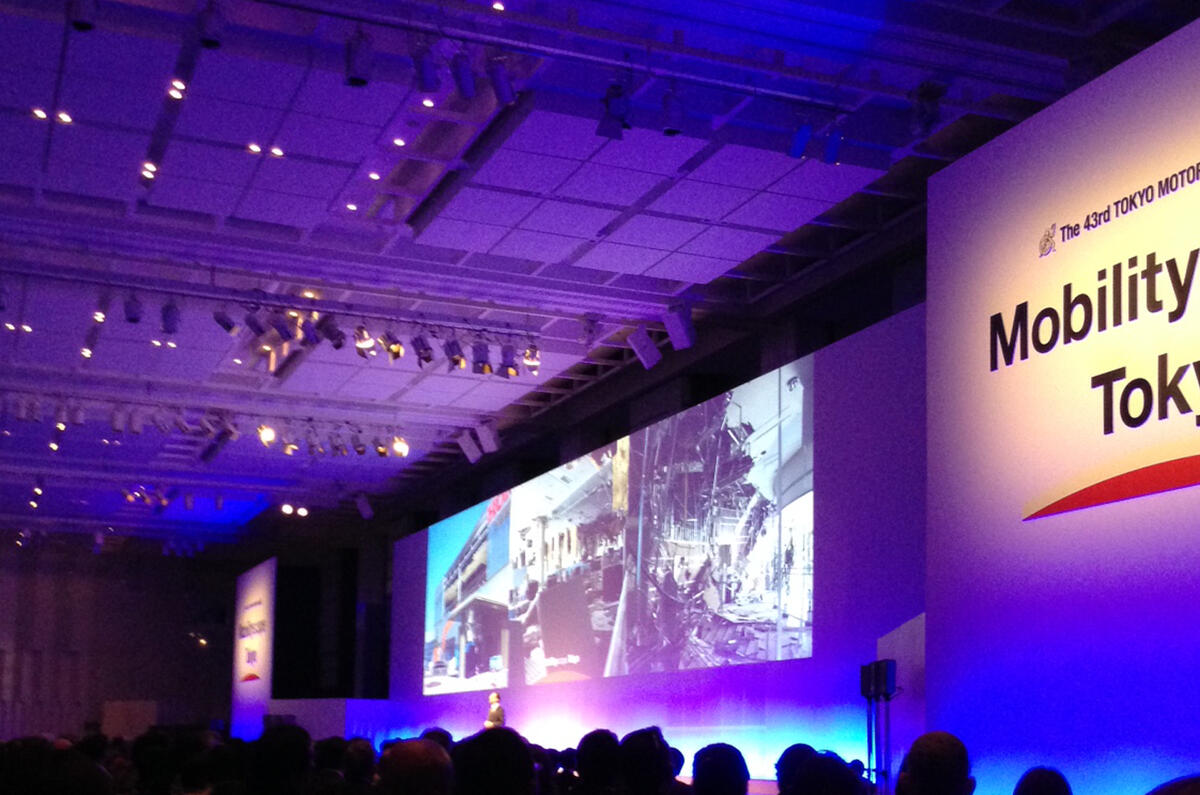
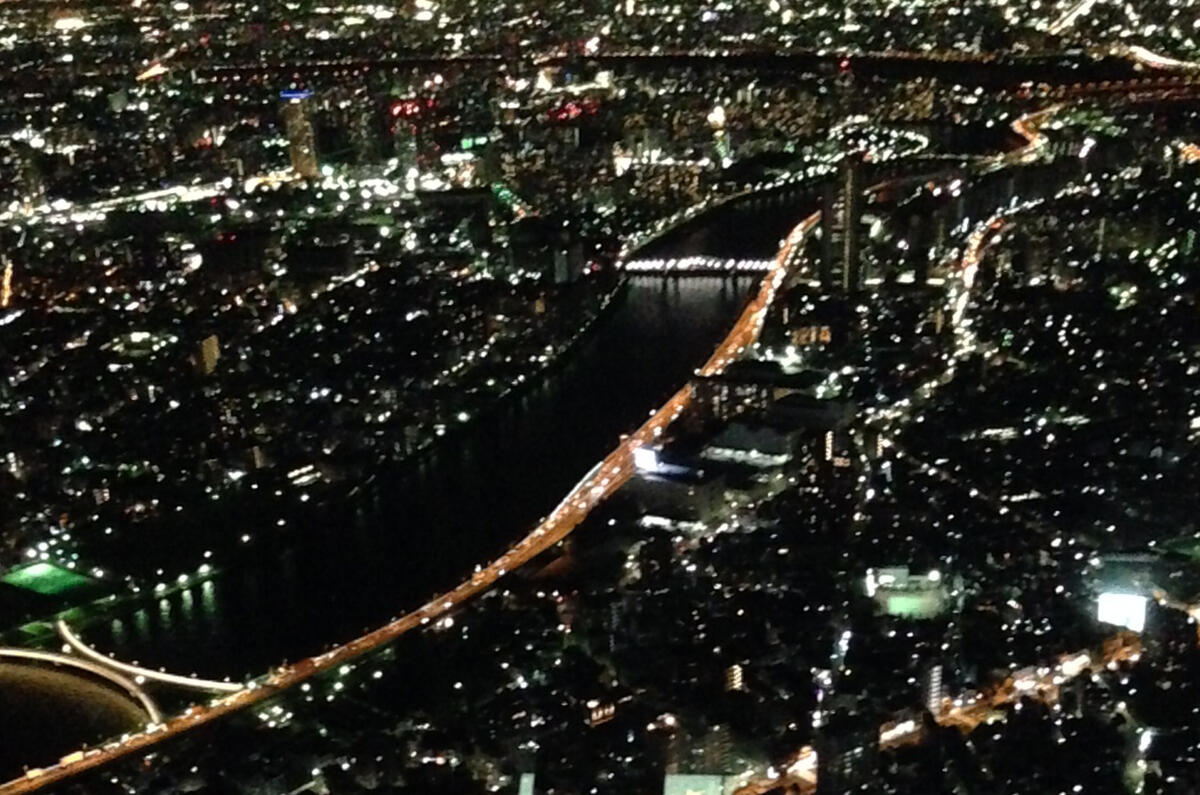
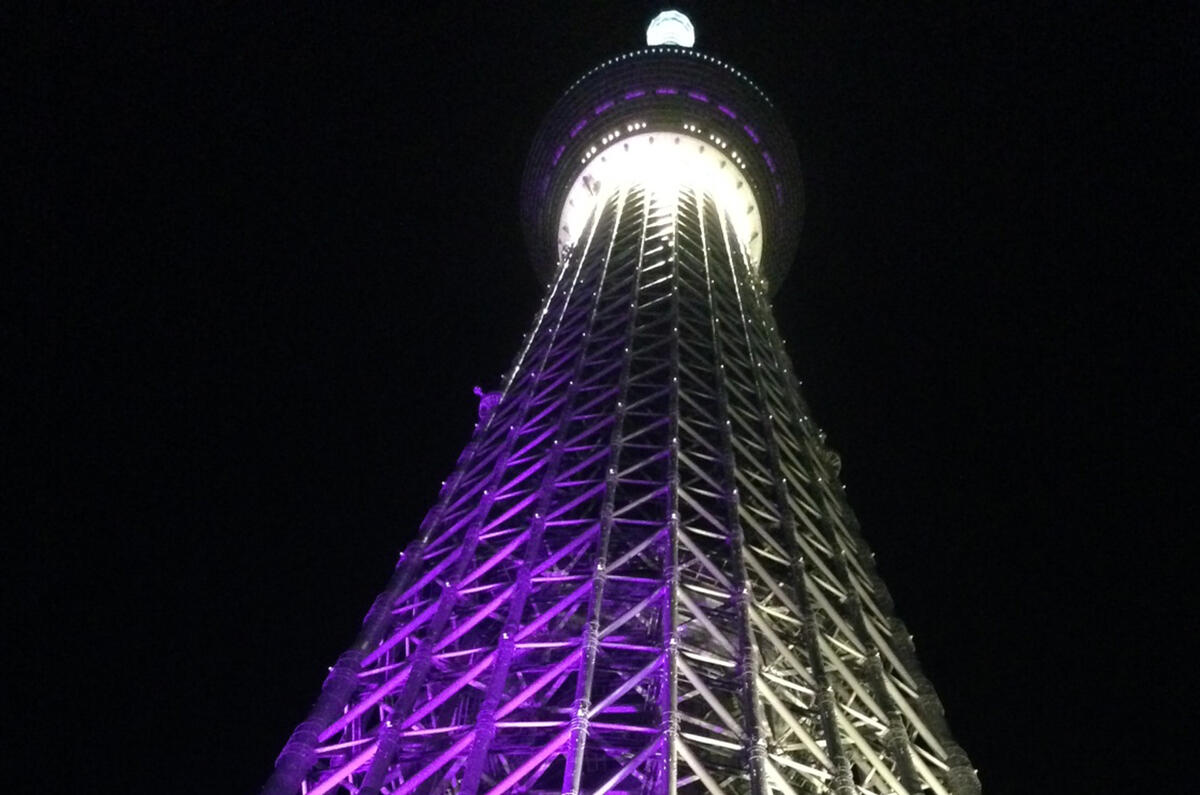
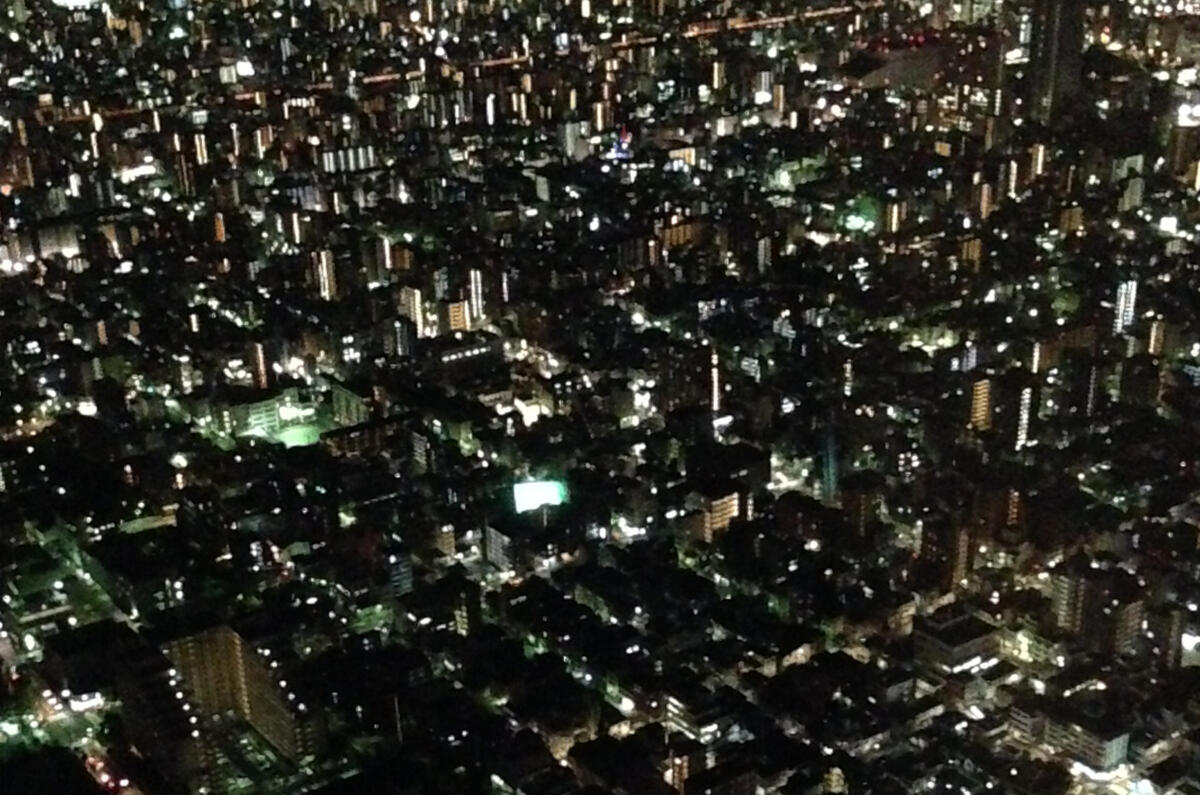
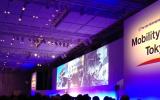

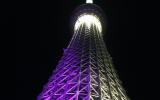



Add your comment